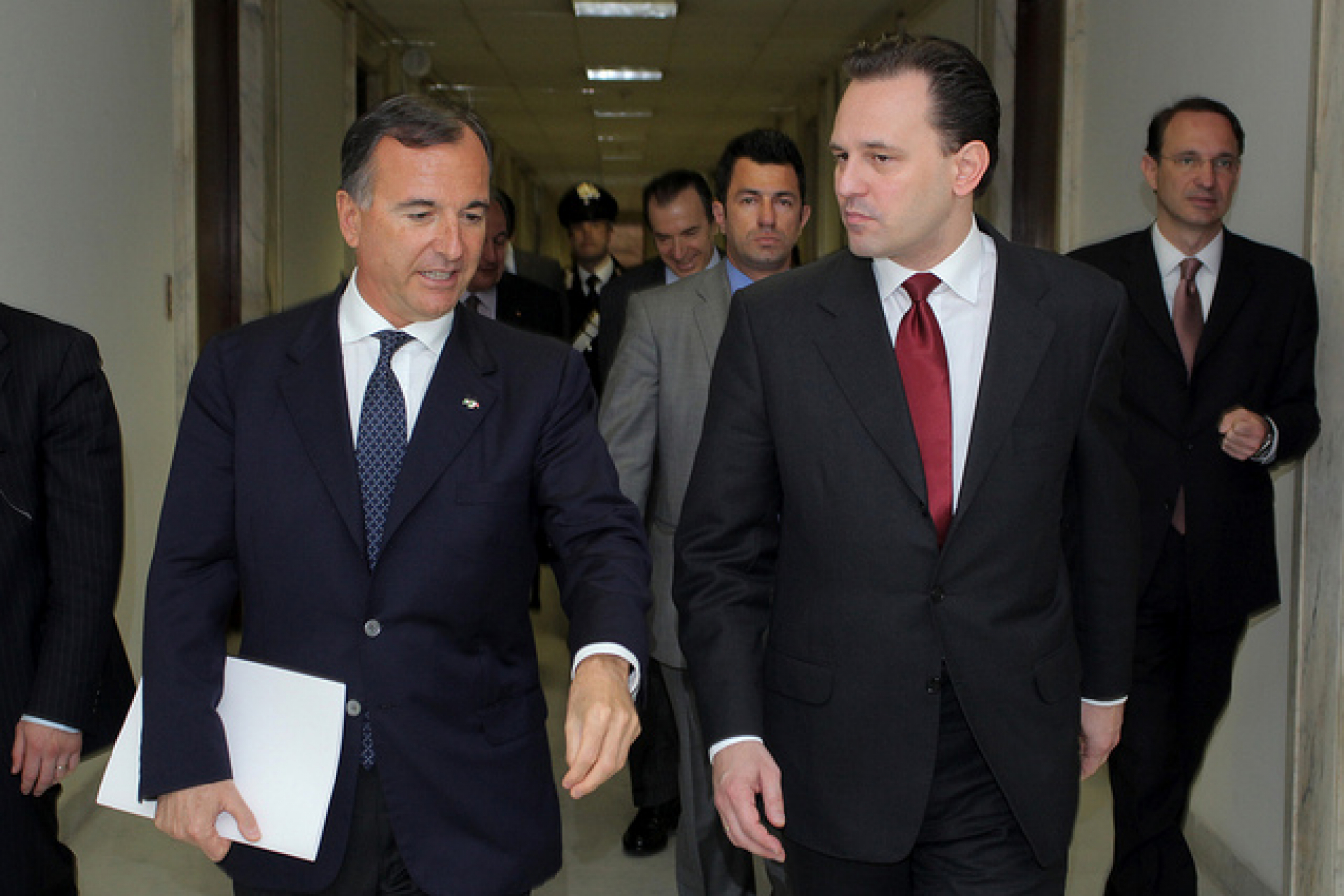The European Union's top justice official has stated that highly skilled foreign migrants should be offered Europe-wide "job seekers' permits", which would allow them to look for employment anywhere across the EU.
The permits would be comparable to the "Green Card" schemes that exist in the United States or Canada, giving immigrants the right to work and live in a new country. Unlike a work visa, such Green Cards are not attached to a specific job or employer.
The proposal by Franco Frattini, the EU justice commissioner, is both more radical and more restrictive than "Green Cards" in other countries.
It would break new ground in that it would be recognised by as many as 25 EU member states, so that a permit issued by one nation would be valid in another.
An alternative being discussed within the Commission would restrict the Green Cards to a single EU state for the first five years.
Mr Frattini told a conference on migration in Brussels: "I am favourable to the idea of a European Green Card that would link staying [in Europe] to a job, so finding a job would be a condition of staying."
He will unveil what he called a "road map" towards a common EU approach to legal migration, including proposals for legislation, on Dec 21.
Britain has a standing opt-out from all EU policies relating to immigration. Although the Blair Government has never opted in to measures involving legal migration, the Prime Minister last month called for more EU co-operation in the field of immigration.
A Commission official said: "There's a growing awareness of the need for a comprehensive approach to legal migration. The EU will lose 20 million people from its labour force by 2020, because of ageing populations."
A British official said any proposals would be studied carefully, but would need to be as "flexible" as possible, to avoid a "one size fits all approach".
"Many nations, unlike the UK, have still not opened their markets to eastern European workers from the new EU member states. That has surely got to be a first step."
Mr Frattini said another reason for a pooled EU approach to migration was the need to compete for the most sought-after foreign talent.




